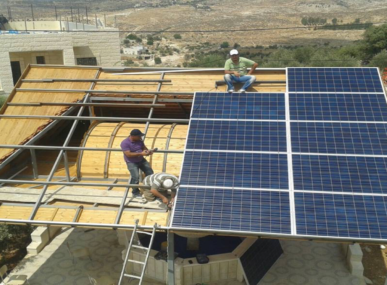In 2015, Othmane Benhlima, an electrical engineering student, was working in a rural region where women were still using wood for cooking, that in return exposes them to toxic fumes. Concerned, he decided to work on their issues and eventually came up with Eco-Heat.
How it all came into play:
With a strong belief that thermal fabrics can replace fuel, Eco-Heat emerged as a revolutionary Moroccan young enterprise specializing in producing an isothermal bag. It is a simple yet an electricity-free, slow-cooking bag, completely made of cloth. This natural bag is not only kinder to the environment, but also washable and reusable. “Using Eco-Heat is saving energy while making a move to protect our planet,” the website read.






